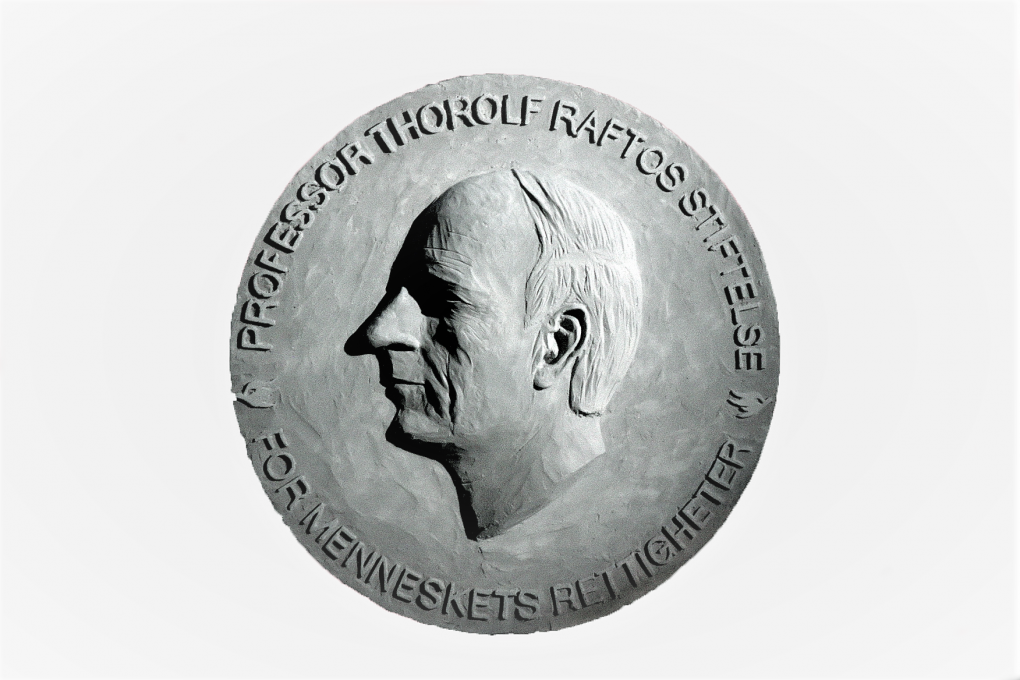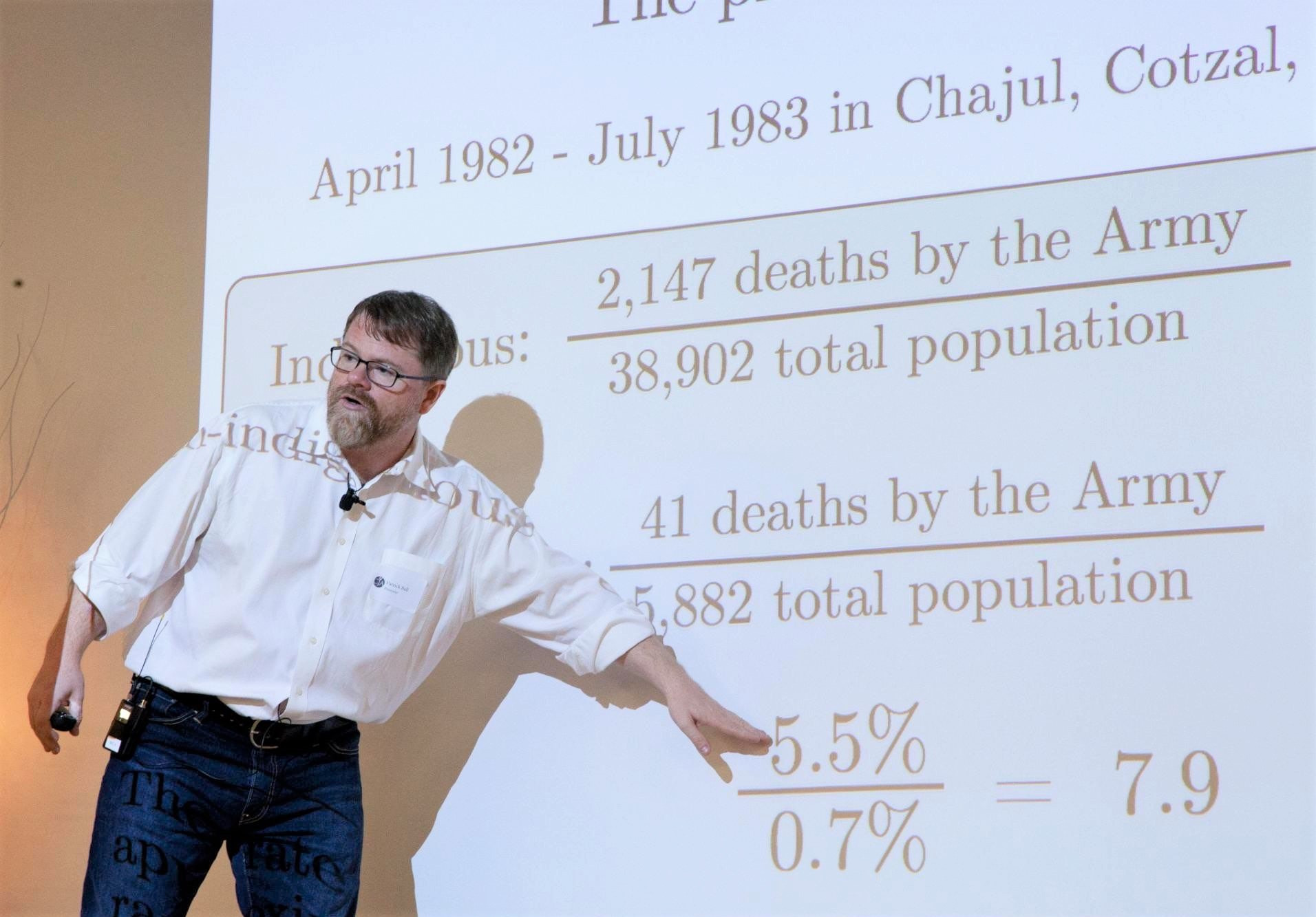Defense for Children International – Palestine is the 2023 recipient of the Rafto Prize, the Rafto Foundation for Human Rights announced today.
For more on the Rafto Prize and its laureates, see: https://www.trueheroesfilms.org/thedigest/awards/A5043D5E-68F5-43DF-B84D-C9EF21976B18
The Rafto Prize 2023 is awarded to Defence for Children International-Palestine (DCIP) for their persistent work to defend and promote the rights of children living in the Occupied Palestinian Territory (OPT). For over 30 years, DCIP has investigated, documented and pursued accountability for grave human rights violations against children; held Israeli and Palestinian authorities accountable to universal human rights principles; and advocated at the international and national levels to advance access to justice and protection for children.
“By awarding the Rafto Prize to DCIP, the Rafto Foundation wants to shine a spotlight on their work to promote and defend children’s rights,” said Jostein Hole Kobbeltvedt, executive director of Rafto Foundation. “With this award, we want to support DCIP by putting pressure on international organizations, including the UN, to investigate violations of children’s rights in the OPT and other armed conflicts around the world and demand that these be stopped.”
“Our human rights documentation and evidence-based advocacy exposing Israeli forces’ grave violations against Palestinian children have made us a target of the Israeli government for years,” said Khaled Quzmar, General Director at DCIP. “But we will not back down. We are grateful for the Rafto Foundation’s recognition of the necessary human rights work my colleagues and I carry out to defend and protect Palestinian children.”
DCIP is an independent, local Palestinian child rights organization dedicated to defending and promoting the rights of children living in the West Bank, including East Jerusalem, and the Gaza Strip. Since 1991, DCIP has investigated, documented, and exposed grave human rights violations against children; provided legal services to Palestinian children in urgent need; held Israeli and Palestinian authorities accountable to universal human rights principles; and advocated at the international and national levels to advance access to justice and protection for children.
Israeli Minister of Defense, Benny Gantz, designated DCIP and five other Palestinian human rights and civil society groups as “terrorist organizations” on October 19, 2021, pursuant to a 2016 Israeli law. The designation effectively criminalized the activities of these organizations and authorized Israeli authorities to close their offices, seize their assets, and arrest and jail their staff members.[see also: https://humanrightsdefenders.blog/2021/10/23/assault-by-israel-on-palestinian-human-rights-ngos/]






